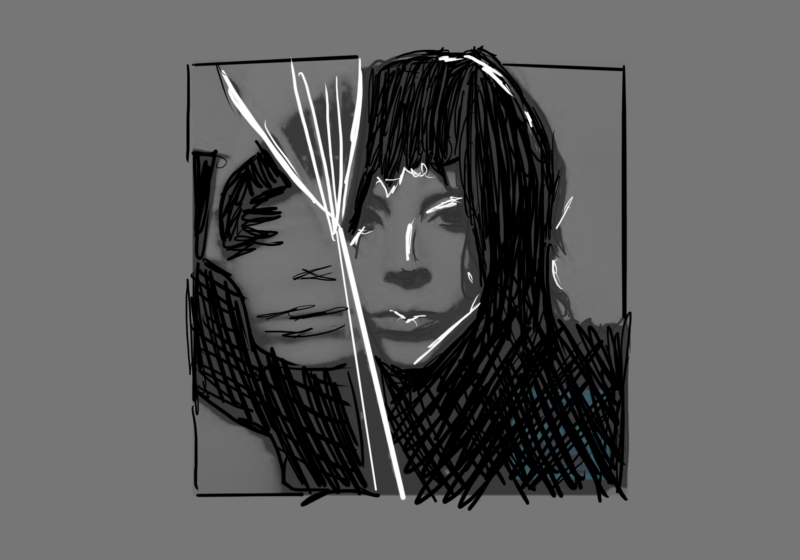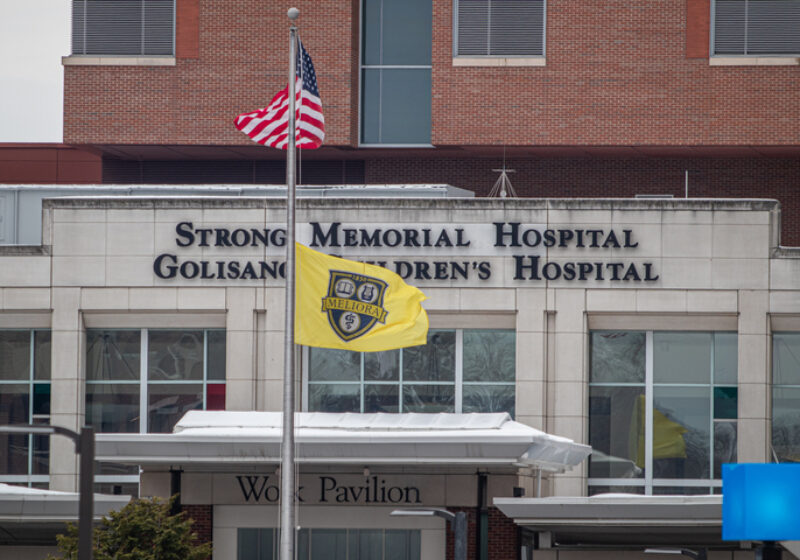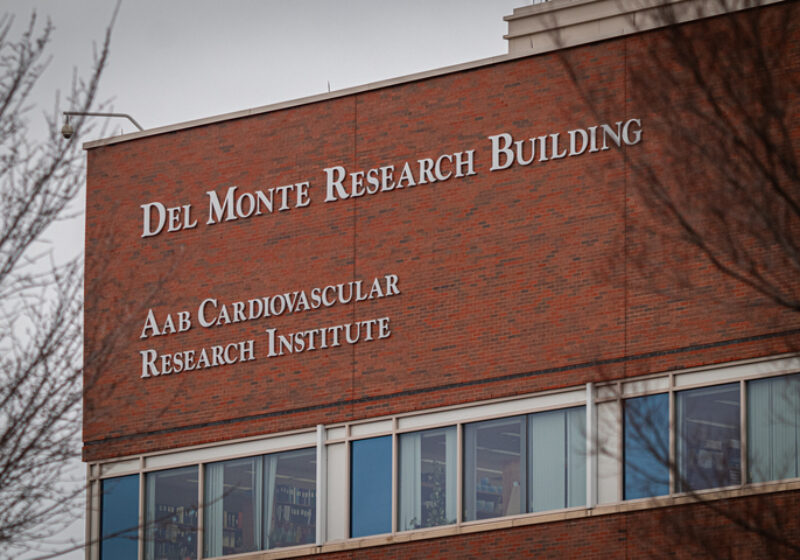A lot of attention has been drawn to the ‘Save the POA” campaign in the last couple of weeks. But why is the administration considering moving the Physics-Optics-Astronomy Library in the first place?
The answer is a state-of-the-art, 50-workstation, 100-person capacity computer lab which the school currently lacks. This computer lab would be open to all students, with the equipment and programs specifically geared toward engineering and studio arts majors. From an engineer’s perspective, computer programming and data acquisition software will be centrally available. And considering how fundamental these skills are to the engineering profession, it’s surprising that such a space does not already exist.
The POA will not be eliminated in its truest form, as a place for students to congregate, study and hold office hours. The study section of the library won’t be touched, since only the stacks will be moved. All of the books would be moved to Carlson Library, giving our school a centralized science and engineering library, while the journals would be available online and physically moved off-site (attainable by request). Most of the research material we use today is archived online, accessible without even stepping into a library; but in the case students do need access to printed material, they won’t have to switch libraries if they need to look up both optics and engineering resources at the same time.
Currently, mechanical engineering students learn data acquisition in a small, overheated, jerry-rigged computer lab (that is not actually meant to be a computer lab) on the first floor of Gavett Hall. The classes must be split up into two sections to accommodate everyone, and even then the lab is overcrowded. Our lab tech spends days each year setting up wheeled computer stations and suspending wiring from the ceiling so that all the computers can be connected correctly. And as soon as instruction is finished, the computer lab is disassembled, converted back to the room’s actual purpose. Simply put, the current situation is unacceptable.
The new computer lab would give life to Dean of the Hajim School of Engineering and Applied Sciences Robert Clark’s idea of a freshman engineering computer programming class where students from all disciplines would learn the basics of programming and data acquisition. The idea of this centralized freshman-level programming class is core to the changes Dean Clark is making in the engineering curriculum here at UR. Soon, the freshman year engineering class structure will be overhauled, so that first-year students take basic classes together regardless of their concentration. This kind of cohesion will lead to more camaraderie between engineering disciplines and an overarching feeling of being a member of the engineering school rather than just an individual department. This change will help to strengthen and unite our school.
This lab would be an amazing resource for all students, as a centralized location where public computers are available with the software that classes and assignments require. Programs for both engineering and studio arts such as CAD programs, MATLAB, Mathematica and LabView are only available in a few locations, and even these labs are not open at all times. It’s important to note that the software and hardware available in this computer lab will be for both the humanities and engineering disciplines. The proposal for the lab calls for data acquisition hardware, a teacher workstation, a textile printer, a 3-D printer for rapid prototyping and a poster printer, to name a few. These tools are valuable in both the arts and engineering especially the ability to use computer aided design programs and physically create designs.
This computer lab would enable UR students to advance further in terms of design, prototyping, programming and innovation than ever before. By all means, if there is a better place on campus to locate the computer lab, we have no arguments, but if not, we really need this. The entire academic community would benefit from such a technologically rich, up-to-date workspace.
Rosania is a member of
the class of 2010.



